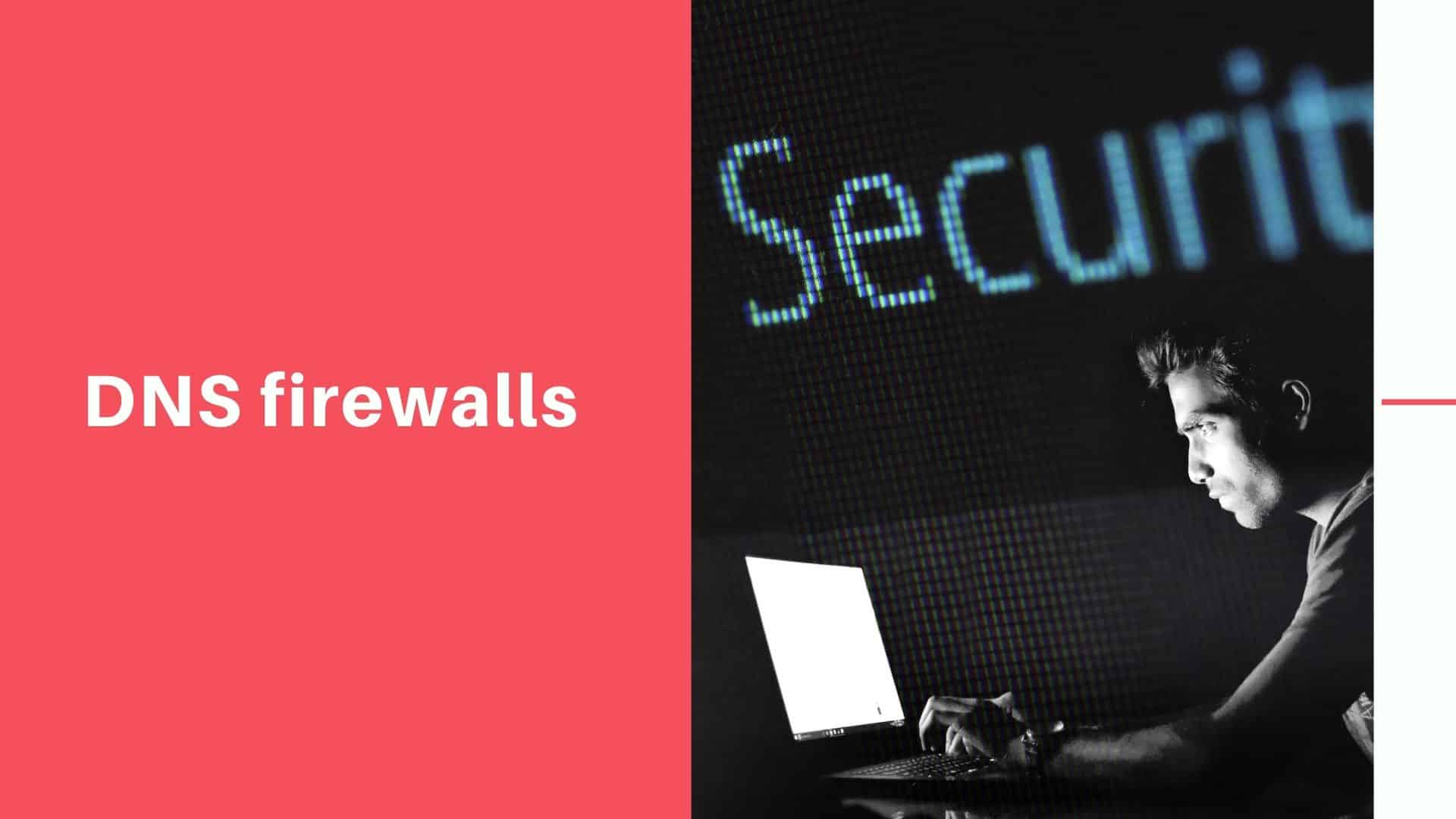DNS firewalls have been around for 20+ years and can be very beneficial for your business. But first, it is important to understand how it works. Domain Name System (DNS) are servers that are the internet’s directory assistants. They match hostnames to their respective IP addresses. So when you type in your browser, www.cmitsolutions.com/cincinnati-nky, it takes you to a DNS server, which then provides the IP address linked to it. That was DNS, but what about the DNS firewalls?
DNS firewalls then work in a way that when you send an entry, the DNS server will evaluate the hostname, IP address, and compare it against a list of known threats before connecting you to the web address. The firewall will only connect you to that address if it finds the entry safe. If it detects a threat, it will redirect you to a safe and verified landing page.
The DNS security system is based on the principle of blocking a threat before it has the chance to reach you. While DNS firewalls have been around for two decades, they are now being implemented to safeguard old technology and can provide a large benefit not just for businesses, but individuals as well.
Here are some issues DNS firewalls can help resolve:
- For organizations with multiple offices in different locations, they need a single location to monitor all threats and the behavior of all employees regardless of where they are located. All DNS traffic should be pointed towards a specific location, where it can be logged, tracked, and then monitor where the URLs are going. It then has the capability to block any links that pose potential threats.
- DNS firewalls add another layer of security to your IT infrastructure. By having one on your browser, you can block most threats before they can harm your data. Through unified threat management, you can be notified of and avoid threats such as malware, ransomware, system hijacking, and protect yourself from compromised data security.
- By leveraging a DNS firewall, you are also securing your network from external threats like cache poisoning which misdirects users to malicious and dangerous websites. The DNS firewalls are a necessary precautionary step that can spare you from the potential and inherent dangers of visiting unknown websites.
For more information on network security, visit: Network Security Management Solutions – Cincinnati (cmitsolutions.com)
Don’t wait to be a victim. Be proactive. Protect your network and have peace of mind. Visit: www.cmitsolutions.com/cincinnati-NKY




